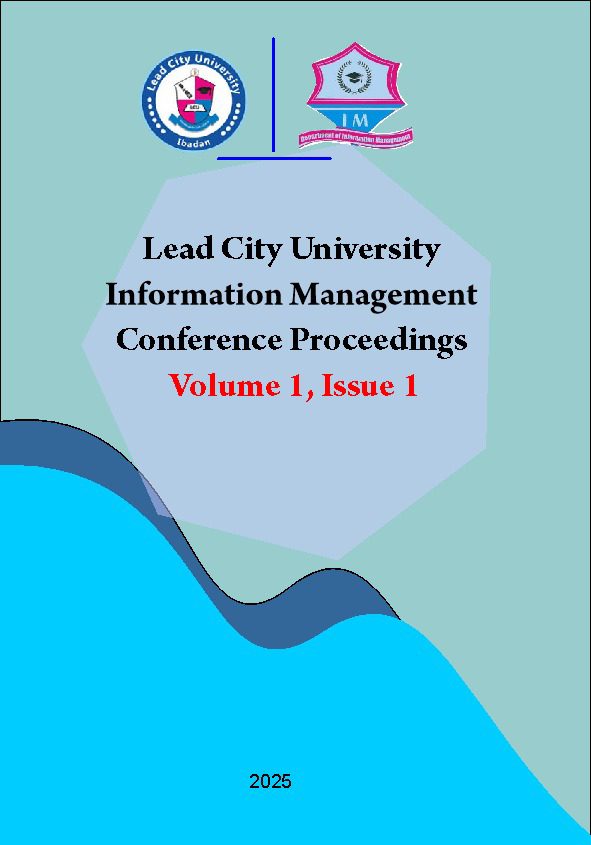Effects of Emerging Technologies on Library Services
Keywords:
Digital Transformation, Emerging Technologies, Information Management, Library Services, Smart Libraries.Abstract
Libraries are undergoing a significant transformation as emerging technologies redefine how
information is stored, accessed, and managed. This study explores the impact of Artificial
Intelligence (AI), Machine Learning (ML), the Internet of Things (IoT), Cloud Computing,
Blockchain, and Big Data Analytics on library services. A systematic literature review was
conducted to assess how these technologies enhance information retrieval, user engagement,
security, and operational efficiency. Findings indicate that AI-powered recommendation
systems, chatbots, and metadata indexing improve search precision, while IoT-enabled smart
libraries optimize inventory management and security. Cloud-hosted library solutions have
expanded remote access, reducing IT infrastructure costs, while blockchain technology
enhances digital rights management and cybersecurity. Furthermore, big data analytics
facilitates predictive decision-making, improving resource allocation and collection
development. Despite these advancements, challenges such as financial constraints, staff
training gaps, cybersecurity risks, and digital literacy limitations hinder widespread of
emerging technologies in libraries. The study emphasizes the need for strategic investment,
librarian training, cybersecurity frameworks, and ethical policies to ensure the sustainable
implementation of emerging technologies in libraries. Future research should focus on long-
term adoption strategies, case studies of digital library transformation, and ethical
considerations in AI-driven library services. Conclusively, effective integration of these
technologies in libraries can enhance accessibility, improve efficiency, and remain essential
knowledge hubs in the digital era.

